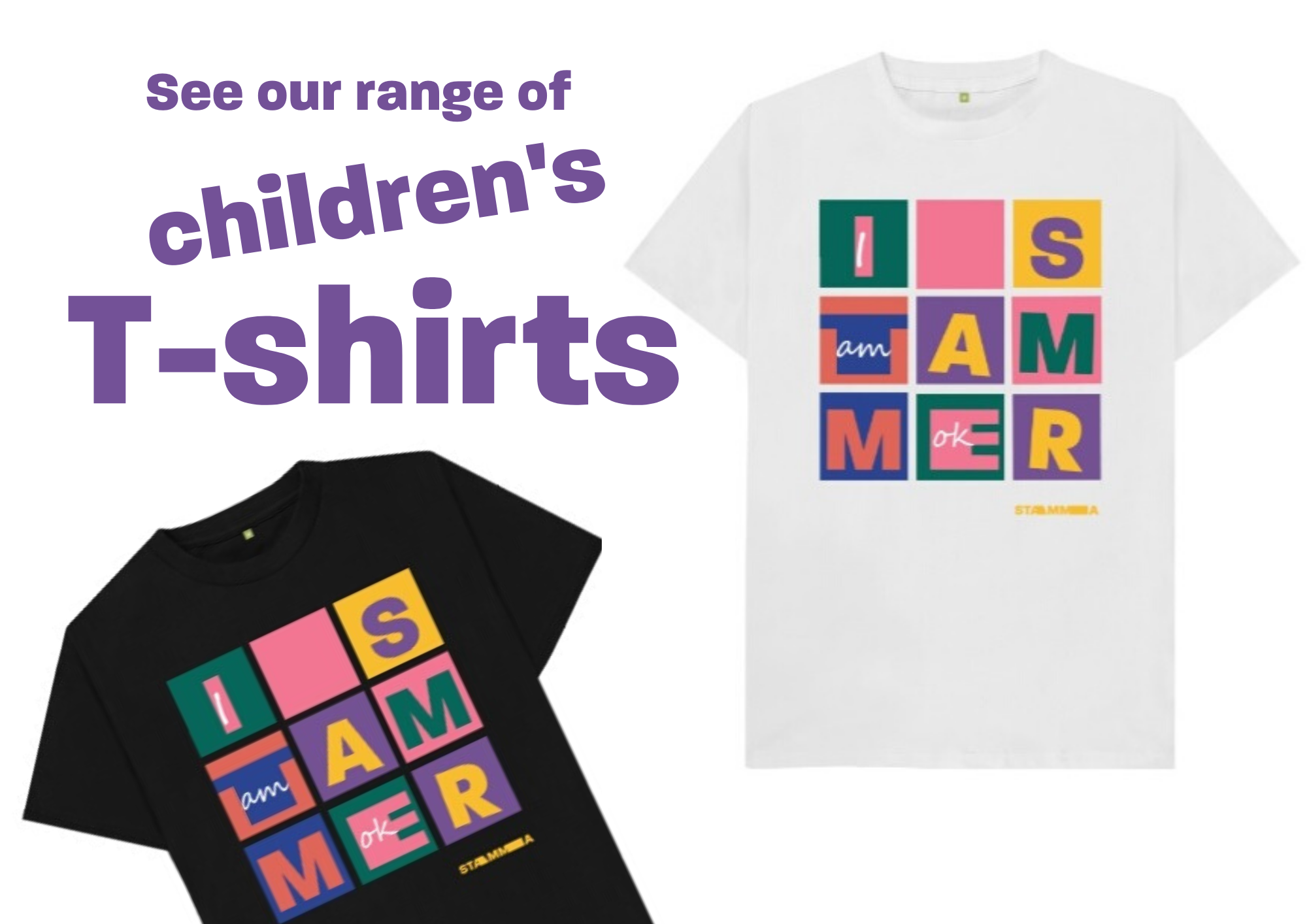
Taking your child to a therapist: what to expect
If you're a parent of a child who stammers and you've booked them in for a speech & language therapy assessment, you might be wondering what to expect. In this article, Speech and Language Therapist Jenny Packer explains what will happen.
When a child who stammers first comes to Speech and Language Therapy with their family, the therapist will be looking forward to meeting them. In general, the therapist will expect to meet the child with one or both of their parents for the first assessment, but sometimes other key figures might attend too, for example, a grandparent.
- Tip: if you have other children, arranging alternative childcare can be helpful, as it means everyone can focus on the child with the stammer during the appointment.
Putting you and your child at ease
Speech and Language Therapists are very good at making a child feel relaxed and comfortable. We know that not all children are confident to talk in a new place with an unfamiliar adult, so there will be toys to play with to put your child at ease.
Therapists can learn a lot about a child’s talking by watching them play and by interacting with them – it isn’t all just fun!
- Tip: before the appointment, it can help to tell your child you are going to meet a lady or man who knows a lot about talking and will have toys to play with. You could ask your child to choose a favourite cuddly toy or something similar to take with them to show the lady or man.
The therapist knows that parents are often worried about their child’s stammering, so time will be spent putting everyone at ease during the assessment.

The assessment
Not all therapists work in exactly the same way – some may work as a pair, with one person playing with the child and the toys while another talks to parents. Other therapists may work on their own, asking parents questions at the same time as playing with the child.
The therapist will want to get to know your child. Some questions may seem nosey or unrelated to stammering, for example asking about early milestones (eg when did they make their first steps, or say their first words, etc) or who lives at home with the child. But all the questions are aimed at understanding your child as an individual and knowing how the stammer links in with other aspects of their development and learning.
The therapist knows that parents are often worried about their child’s stammering, so time will be spent putting everyone at ease during the assessment.
Depending on your child’s age and development, assessment may also include a more structured look at how their speech sound system and language (understanding of instructions and putting sentences together to talk) is progressing. This will probably be done through showing your child sets of pictures and asking specific questions about them. This might be done at the first visit, or at a follow up appointment.
What next?
After all the ‘information gathering’ through play, questions and assessment, the therapist will explain to parents (and the child, depending on their age) what they have noticed about your child’s communication. They will probably talk through the different factors that are impacting on their stammer and will give some ideas about things that are helping make it easier to talk at home already, and suggestions for changing things if the therapist has identified areas where change may help. There will usually be time for parents and the child to ask questions too, which the therapist will do their best to answer.
If speech and language therapy input is recommended at the end of the assessment, the next steps in the therapy process should be talked through together before you leave. This can vary from child to child (as what works in one family might not be as helpful for another family, even if children are the same age).
Options may include advice and ideas for families to try out at home for a few weeks before coming back to see a therapist again, or therapy sessions in clinic may be recommended. Different therapy approaches are available and the therapist will make a recommendation based on their opinion from their assessment of your child’s stammer.
For more information on therapy for pre-school children and school-age children, see our For Parents section.
Jenny Packer is a Highly Specialist Speech and Language Therapist at the Essex Partnership University NHS Foundation Trust.
































